ERCP in Turkey
Healthy Türkiye helps you find the best ERCP in Turkey at affordable prices and adopts a 360-degree service approach in all areas of health through affiliated hospitals.
- Medical Treatment
- Gastroenterology Treatment in Turkey
- Liver Biopsy in Turkey
- Polypectomy in Turkey
- Pancreatic Biopsy in Turkey
- Gallbladder Stone Removal Surgery in Turkey
- Gastrectomy in Turkey
- ERCP in Turkey
- GI Endoscopy Procedure in Turkey
- Pediatric Gastroenterology in Turkey
- Sigmoidoscopy in Turkey
- Sphincterotomy in Turkey
- Nissen Fundoplication Surgery in Turkey
- Homepage
- Medical Treatment
- ERCP in Turkey
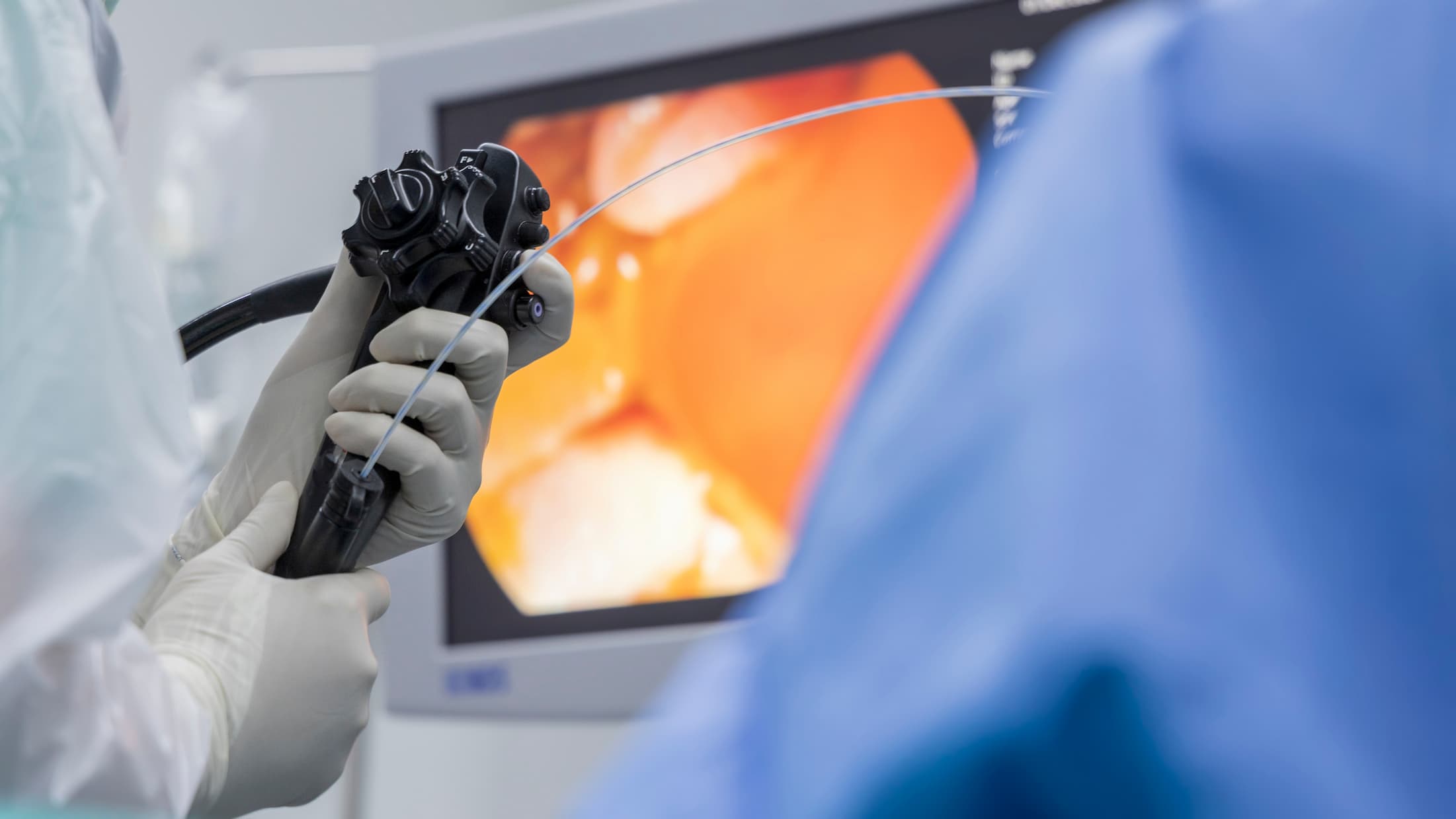
About ERCP in Turkey
ERCP in Turkey (endoscopic retrograde cholangiopancreatography) is a medical treatment that combines x-rays with upper GI endoscopy to treat bile and pancreatic duct illnesses and abnormalities.
The bile ducts are the tubes that carry bile from the liver to the gallbladder and duodenum. The pancreatic ducts are tubes that carry pancreatic juice from the pancreas to the duodenum. A little pancreatic duct connects to a larger pancreatic duct. The major pancreatic duct and the common bile duct connect and empty into the duodenum.
ERCP is used to treat bile and pancreatic duct illnesses and abnormalities. If the clinician merely needs a diagnosis, noninvasive tests such as magnetic resonance cholangiopancreatography (MRCP) are frequently used (MRCP). This is a safer type of magnetic resonance imaging (MRI) that can also be used to diagnose bile and pancreatic duct abnormalities.
The difficulties are caused mostly by constriction or obstruction of the bile ducts and pancreatic ducts. Gallstones form and become lodged in the common bile duct, necessitating surgical surgery. In most cases, gallstones are caused by cholesterol, however, in 20% of cases, stones are caused by calcium and pigments such as bilirubin. Other causes of infection include an imbalanced diet and an irregular lifestyle. Acute and chronic pancreatitis is caused by alcohol abuse and fatty diet consumption.
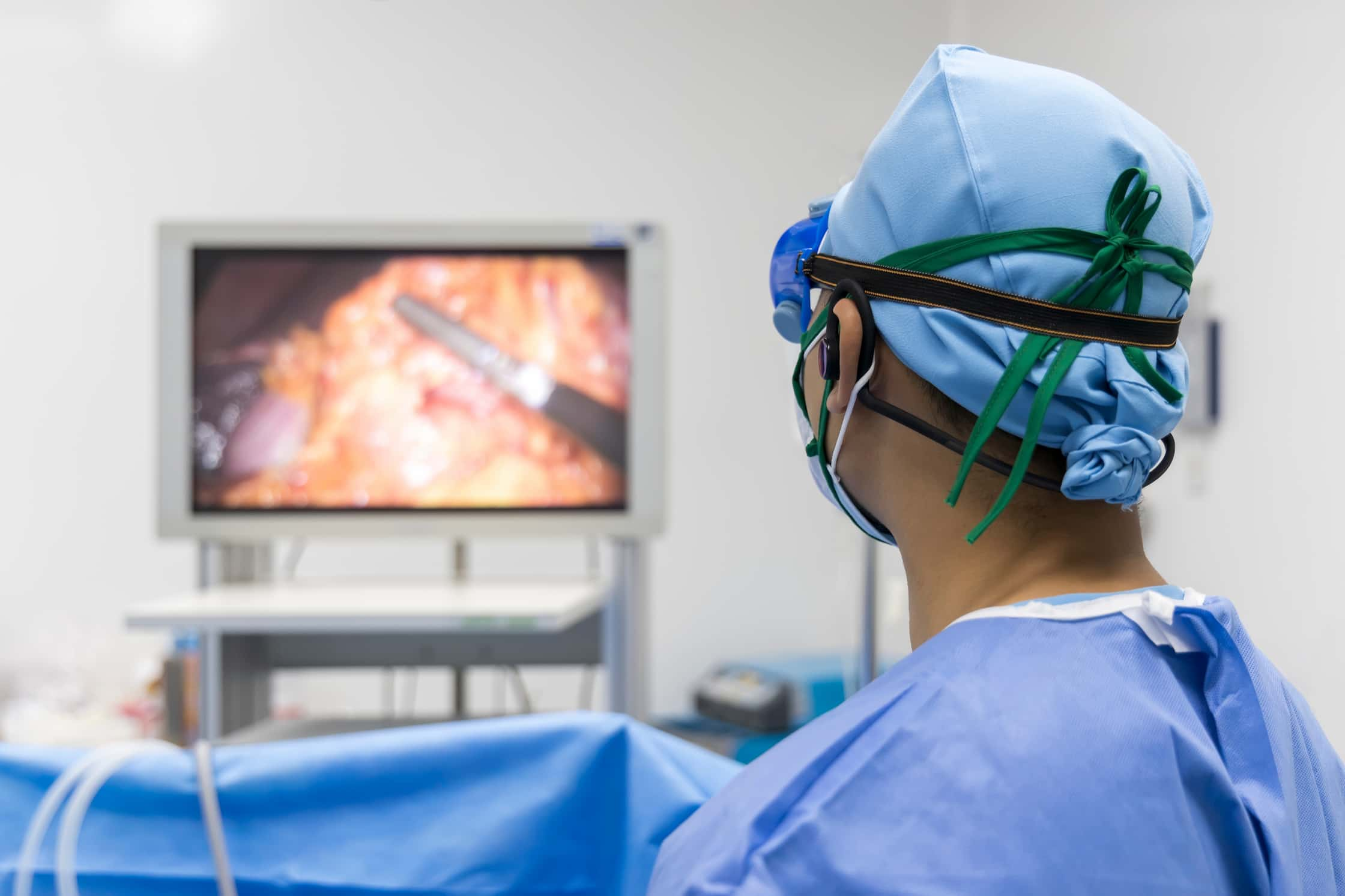
ERCP Procedure in Turkey
Endoscopic Retrograde Cholangio-Pancreatography (ERCP) in Turkey is a diagnostic and treatment method for bile and pancreatic duct disorders. This is a crucial and life-saving surgery that involves the use of an endoscope. Critical regions must be examined, and correction must occur immediately using defined procedural steps.
An ERCP in Turkey is advised to diagnose the state of the bile ducts and pancreas, and any issues detected during diagnosis are treated as well. The approach is appropriate for evaluating symptoms that are suggestive of disorders that are widespread in these organs. It is also used to confirm abnormal results provided by ultrasound, CT scan or imaging tests, and blood testing. If a CT scan indicates an atypical mass or stones in these organs, an ERCP is advised.
The technique can even be performed before and after gall bladder surgery to improve the overall performance of the procedure. If there are stones or tumors, both cancerous and non-cancerous, they can be removed from the bile ducts and pancreas using the ERCP surgery.
This can also be used to diagnose any issues that may have occurred during gall bladder surgery. Patients with any pancreatic ailment or suspected condition can benefit from the ERCP procedure, which can determine the need for surgery and the type of surgery that is appropriate for their therapy. Pancreatic stones can be treated and removed with ERCP surgery in some situations. Please contact Healthy Türkiye to learn about your best treatment options.
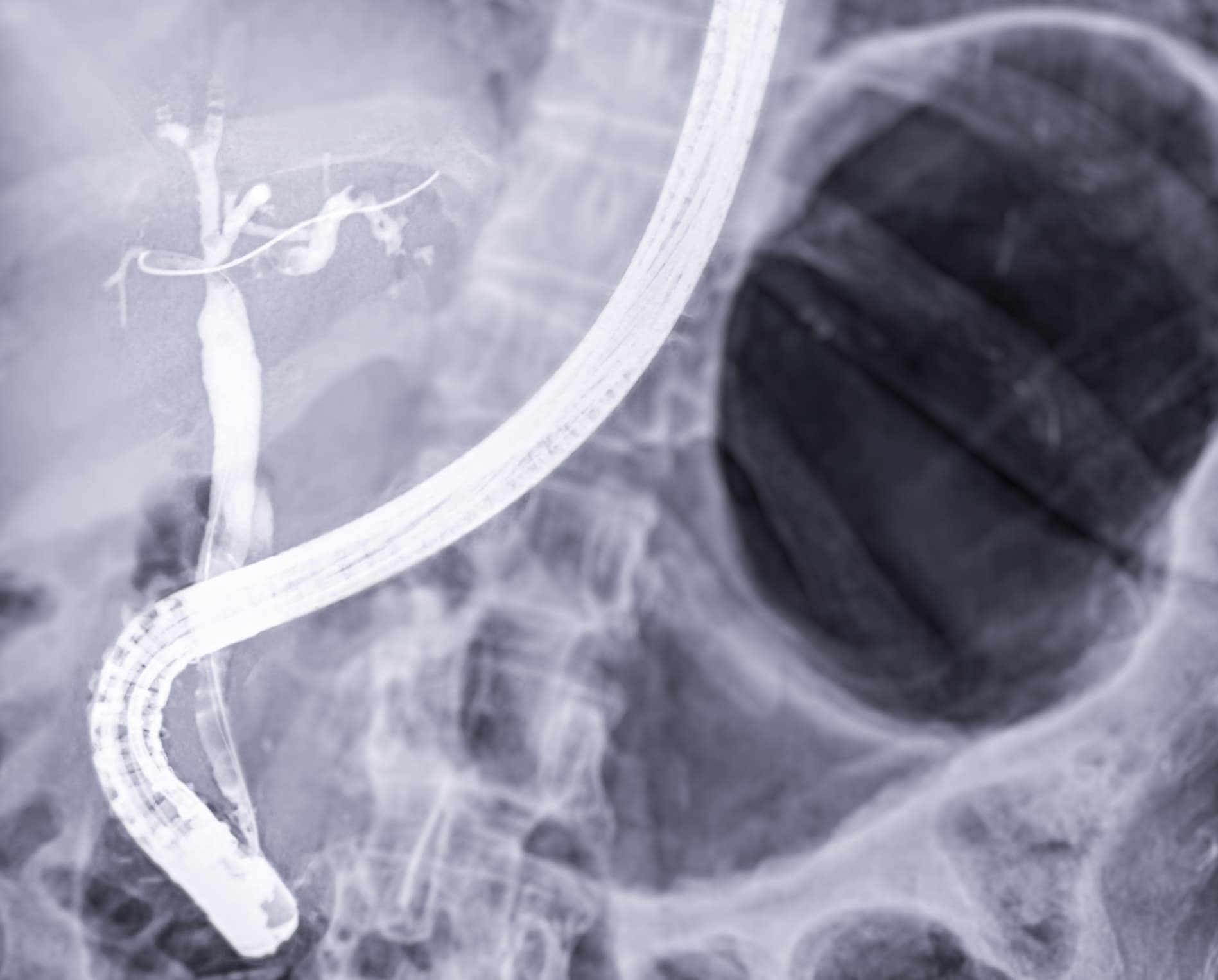
We Care About Your Health
Healthy Türkiye provides the best for your health and comfort. You will feel privileged with us.
7/24 Quality Personal Assistance Throughout Your Journey
Customizable for You All-Inclusive Packages
Get the Right Advice for your Health
How Is ERCP Performed in Turkey?
ERCP in Turkey is a procedure for seeing the gallbladder, pancreas, and liver ducts. It is typically used for patients suffering from gallstones, pancreatitis, or disorders affecting these organs. In this test, the doctor puts an endoscope (a tube with a light and/or a camera) down the patient’s throat until it reaches the small intestine, then utilizes X-rays to examine the organs in question. Aside from inspecting the ducts, the doctor may also undertake minor treatments such as removing gallstones or obtaining tissue samples.
The procedure can be done at either an outpatient center or a hospital. It often lasts 1 to 2 hours. A sedative is administered through an intravenous needle inserted into your arm. During the surgery, the sedative will keep you calm. You’ll be given a liquid anesthetic to gargle or spray down your throat. This numbs the throat and prevents gagging during the treatment. General anesthesia is utilized in several instances.
As you lie on the examination table, the doctor carefully guides the endoscope down your esophagus, down your stomach, and into your duodenum. A small camera at the end of the endoscope transmits images to a monitor. The endoscope also injects air into the duodenum and stomach to improve visibility.
The bile and pancreatic ducts’ entrances into the duodenum are marked. The endoscope is then used to insert a catheter into the ducts. A contrast material is then injected into the ducts via the catheter, allowing the ducts to be seen on X-rays. The doctor then examines the ducts with fluoroscopy (an x-ray imaging method) to look for blockages or narrowed sections.
Good Candidate for ERCP in Turkey
Endoscopic Retrograde Cholangiopancreatography in Turkey is a minimally invasive treatment that allows a highly educated gastroenterologist to diagnose and treat digestive system disorders. ERCP can be used to examine the bile ducts, pancreas, liver, and, in certain cases, the gallbladder.
Endoscopic means using an endoscope, which is a thin flexible tube equipped with a tiny video camera. Retrograde refers to the direction in which a particular dye is administered during ERCP through either the bile or pancreatic ducts. After the dye is injected, photographs (X-rays) are taken to show the doctor where problems such as duct enlargement, narrowing, or blockage are occurring. Cholangiopancreatography is the procedure of taking these X-rays (“cholangio” refers to the bile duct system, “pancrea” to the pancreas).
Patients who have symptoms that point to diseases or disorders of the liver, gallbladder, bile ducts, pancreas, or pancreatic ducts may benefit from ERCP. People with pancreatitis (pancreatic inflammation), a swollen bile duct on imaging, jaundice (yellowing of the whites of the eyes), abnormal liver function tests, or cholangitis are among those who qualify (infection in the liver or bile ducts). ERCP also allows the clinician to have a better look at patients who have abnormal blood tests, CT scans, or ultrasound results.
ERCP can also be used to treat bile duct stones before or after gallbladder surgery. ERCP can also be used to evaluate bile duct problems following surgery and ongoing pain after gallbladder surgery. In patients with pancreatic illness, ERCP in Turkey is also utilized as a less invasive strategy for treatment or to establish the need for – or best approach to -surgery.
Recovery from ERCP in Turkey
An ERCP is used to diagnose and treat biliary system disorders. This system produces, stores, and transports bile, a fluid that aids in fat digestion. For a few days after the ERCP, you may experience tummy (abdominal) pain, bloating, or swallowing difficulties.
You may experience swallowing difficulty for at least 48 hours following an ERCP. This discomfort can linger for several weeks, but it eventually goes away. If you experience bloating or stomach discomfort, it could be due to the air that we injected into your stomach during the treatment. This is typical and will go away within 24 hours.
If the bloating or stomach discomfort persists, try to expel the trapped wind. You can accomplish this by moving about and changing positions. Warm liquids or peppermint oil may also be beneficial. Peppermint tea or peppermint water are two options (you can buy this at a pharmacy). Before the treatment, we will insert a suppository of pain medication into your bottom. This minimizes the possibility of pancreatitis (inflammation of the pancreas).
What Is the Most Common Indication of ERCP in Turkey?
The inspection of an internal body part with an endoscope is known as endoscopy. Endoscopic retrograde cholangiopancreatography (ERCP) is a procedure for seeing the bile and pancreatic ducts using X-rays.
The common bile duct and the pancreatic duct empty the gallbladder, liver, and pancreas; the two main ducts transport bile and pancreatic juice into the duodenum via a structure called the papilla (the first part of the small intestine). The most common reason for requiring an ERCP is a blockage of one of these channels (often due to stones). Generally, blood tests and noninvasive imaging tests such as ultrasound, computed tomography (CT) scan, or magnetic resonance imaging (MRI) are performed before ERCP is indicated.
The endoscopist (a specialist who specializes in the use of endoscopes) will examine the bile and/or pancreatic ducts for abnormalities such as blockages, irregularities in the tissue, issues with bile or pancreatic fluid flow, stones, or malignancies. If a problem is discovered, the endoscopist can typically repair or improve the condition and take tissue samples if necessary; as a result, ERCP has largely replaced surgery in the majority of patients with common bile duct and pancreatic disorders.
In children, ERCP is rarely indicated. If a child requires an ERCP, it is usually conducted at a specialist center by experienced and specially trained endoscopists. ERCP can be done as an outpatient procedure or in a hospital, depending on the patient’s condition and the intricacy of the treatment.
ERCP vs. MRCP: Comparing the Two Diagnostic Exams
Medical tests include endoscopic retrograde cholangiopancreatography (ERCP) and magnetic resonance cholangiopancreatography (MRCP). They are used to diagnose biliary and pancreatic duct abnormalities.
An endoscope and an X-ray are used in ERCP to create images of your ducts. It is the gold standard for diagnosing biliary and pancreatic problems. However, it is invasive and is connected with a number of problems. The magnetic resonance imaging (MRI) technique MRCP is a sort of MRI technique. It creates images of the ducts using magnets and radio waves. Unlike ERCP, the process is noninvasive and does not involve the use of radiation.
An endoscope, which is a long tube with a tiny camera at the end, and a catheter are used in ERCP. Both instruments are placed in your small intestine. The ERCP procedure also includes an X-ray, which employs radiation to obtain images of the ducts. An MRI machine is used in MRCP. It captures photos using magnets and radio waves.
If you are allergic to iodine, you should avoid ERCP. This is due to the presence of iodine in the contrast dye used in ERCP. MRCP is the safer option in this circumstance. However, if you require another therapy, like stone removal, ERCP is the superior option. MRCP will prevent your doctor from completing other therapies.
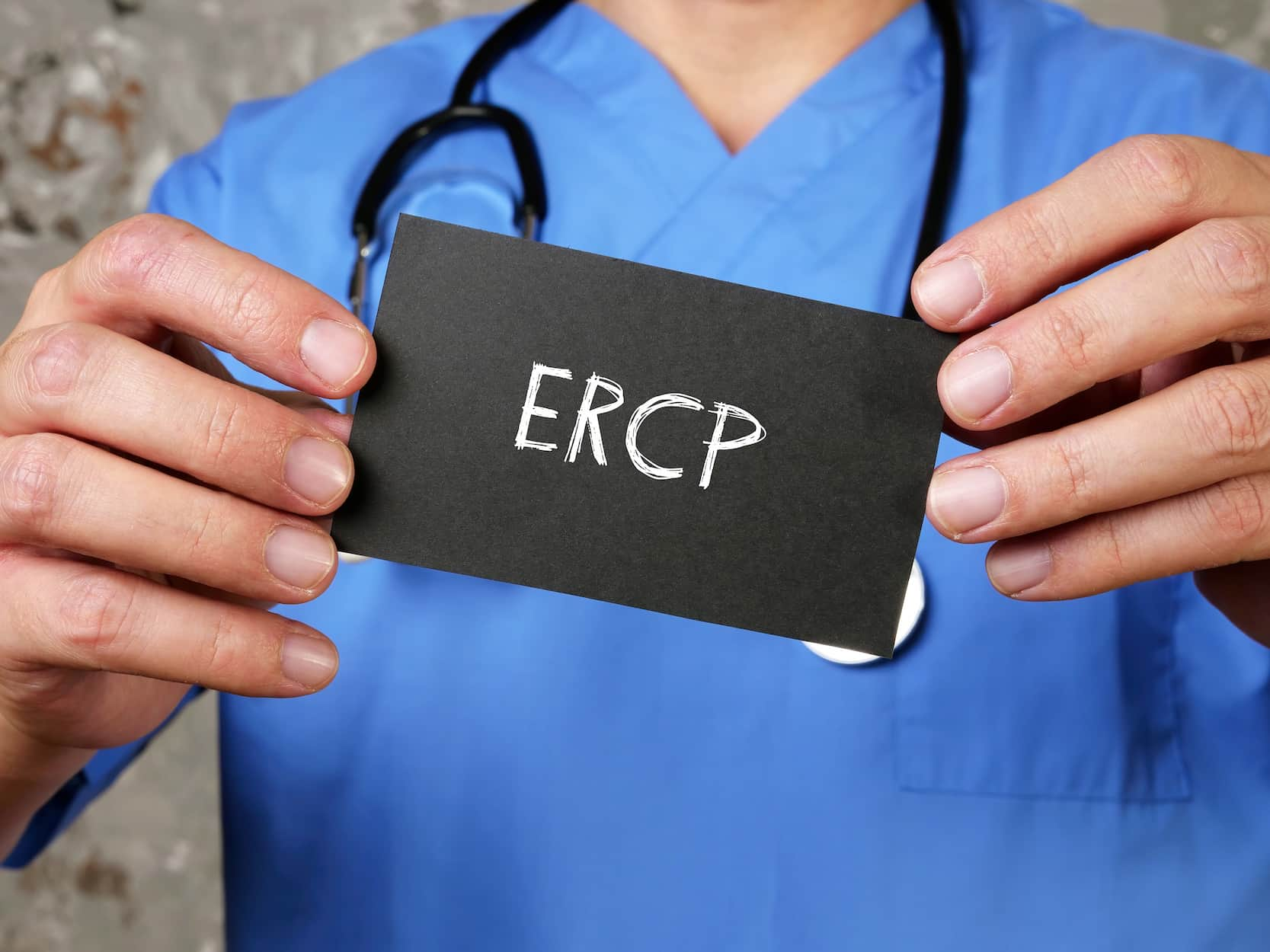
2026 Cost of ERCP in Turkey
All types of medical attention, like ERCP, are very affordable in Turkey. Many factors are also included in determining the cost of ERCP in Turkey. Your process with Healthy Türkiye will last from the time you decide to have an ERCP in Turkey until the time you are fully recovered, even if you are back home. The exact cost of an ERCP procedure in Turkey depends on the type of operation involved.
The cost of ERCP in Turkey does not demonstrate many variations in 2026. Compared to costs in developed countries like the United States or the UK, ERCP costs in Turkey are relatively low. So, it’s no wonder patients from across the world visit Turkey for ERCP procedures. However, price is not the only factor affecting choices. We suggest looking for hospitals that are safe and have ERCP reviews on Google. When people decide to seek medical help for ERCP, they will not only have had low-cost procedures in Turkey, but also the safest and best treatment.
At clinics or hospitals contracted with Healthy Türkiye, patients will receive the best ERCP from specialist doctors in Turkey at affordable rates. Healthy Türkiye teams to provide medical attention, ERCP procedures and high-quality to patients at a minimum cost. When you contact Healthy Türkiye assistants, you can get free information about the cost of ERCP in Turkey and what this cost covers.
Why Is ERCP Cheaper in Turkey?
One of the main considerations before traveling abroad for ERCP is the cost-effectiveness of the whole process. Many patients think that when they add flight tickets and hotel expenses to their ERCP costs, it will become very expensive to travel, which is not true. Contrary to popular belief, round-trip flight tickets to Turkey for ERCP can be booked very affordably. In this case, assuming you are staying in Turkey for your ERCP, your total travel expense of flight tickets and accommodation will only cost less than any other developed country, which is nothing compared to the amount that you are saving.
The question “Why is ERCP cheaper in Turkey?” is so common among patients or people simply curious about getting their medical procedure in Turkey. When it comes to ERCP prices in Turkey, there are 3 factors allow for cheaper prices:
The currency exchange is favorable for anyone looking for ERCP who has a euro, dollar, or pound
The lower cost of living and cheaper overall medical expenses such as ERCP
For ERCP, incentives are given by the Turkish Government to medical clinics working with international clients
All these factors allow for cheaper ERCP prices, but let’s be clear, these prices are cheaper for people with strong currencies (as we said, the euro, dollar, Canadian dollar, pound, etc).
Every year, thousands of patients from all over the world come to Turkey to get ERCP. The success of the healthcare system has increased in recent years, especially for ERCP. It’s easy to find well-educated and English-speaking medical professionals in Turkey for all kinds of medical attention such as ERCP.
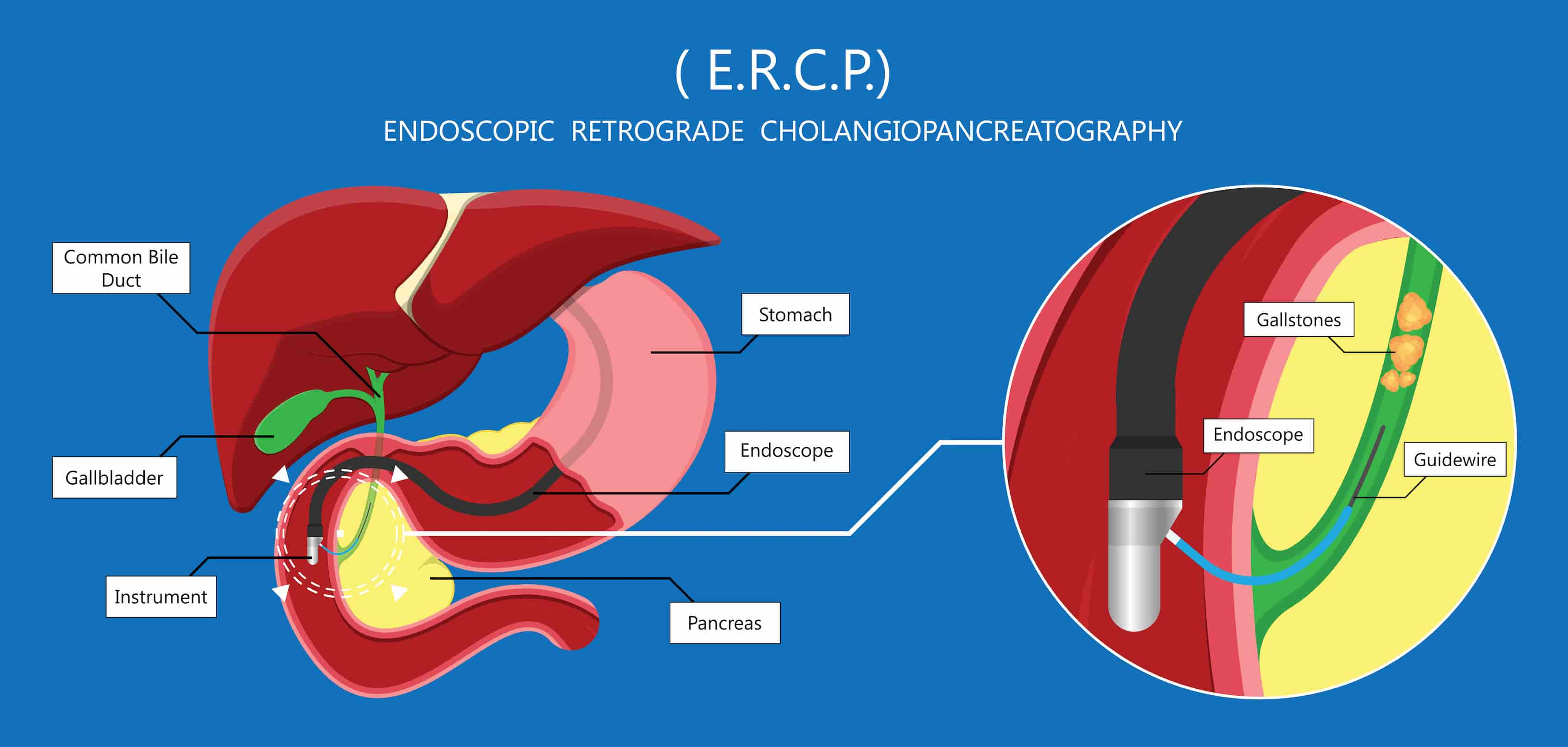
Why Choose Turkey for ERCP?
Turkey is a common choice among international patients seeking advanced ERCP. Turkey’s health procedures are safe and effective, with a high success rate, like ERCP. The increasing demand for high-quality ERCP at affordable prices has made Turkey a popular medical travel destination. In Turkey, ERCP is performed by highly experienced and trained doctors with the most advanced technology in the world. ERCP is done in Istanbul, Ankara, Antalya, and other major cities. The reasons for choosing ERCP in Turkey are as follows:
High-quality hospitals: Joint Commission International (JCI) accredited hospitals have dedicated ERCP units that are specially designed for patients. International and national strict protocols provide effective and successful ERCP for patients in Turkey.
Qualified experts: The expert teams include nurses and specialist doctors, together to carry out ERCP according to the patient’s needs. All the included doctors are highly experienced in performing ERCP.
Affordable price: The cost of ERCP in Turkey is affordable compared to Europe, the USA, the UK, Singapore, Australia, etc.
The high success rate: Highly experienced specialists, the best available technology, and stringently followed safety guidelines for post-operative care of the patient, resulting in a high success rate for ERCP in Turkey.
Is ERCP Safe in Turkey?
Did you know Turkey is one of the most visited destinations for ERCP in the world? It is ranked as one of the most popular tourist destinations for ERCP. Over the years it has also come to be a very popular medical tourism destination, with many tourists coming in for ERCP. There are so many reasons why Turkey stands out as a leading destination for ERCP. Because Turkey is both safe and easy to travel to, with a regional airport hub and flight connections to pretty much everywhere, it is preferred for ERCP.
The best hospitals in Turkey have experienced medical staff and specialists who have performed thousands of medical services such as ERCP. All procedures and coordination related to ERCP are controlled by the Ministry of Health in accordance with the law. Over many years, the greatest progress in medicine has been observed in the field of ERCP. Turkey is known among foreign patients for its great opportunities in the area of ERCP.
To emphasize, besides the price itself, the key factor in selecting a destination for ERCP is certainly the standard of medical services, the hospital staff’s high expertise, hospitality, and the safety of the country.
All-Inclusive Packages for ERCP in Turkey
Healthy Türkiye offers all-inclusive packages for ERCP in Turkey at much lower prices. Extremely professional and experienced doctors and technicians carry out the high-quality ERCP. The cost of ERCP in European countries can be quite expensive, especially in the UK. Healthy Türkiye provides cheap all-inclusive packages for a long and short stay of ERCP in Turkey. Because of many factors, we can provide you with many opportunities for your ERCP in Turkey.
The price of ERCP differs from other countries due to medical fees, staff labor prices, exchange rates, and market competition. You can save much more in Turkey with ERCP compared to other countries in Turkey. When you purchase an ERCP all-inclusive package with Healthy Türkiye, our healthcare team will present a list of hotels for you to choose from. In ERCP travel, the price of your stay is included in the all-inclusive package cost.
In Turkey, when you purchase ERCP all-inclusive packages through Healthy Türkiye, you will always receive VIP transfers. These are provided by Healthy Türkiye, which is contracted with highly qualified hospitals for ERCP in Turkey. Healthy Türkiye teams will organize everything about ERCP for you and have you picked up from the airport and safely brought to your accommodation. Once you are settled in the hotel, you will be transferred to and from the clinic or hospital for ERCP. After your ERCP has been successfully completed, the transfer team will return you to the airport in time for your flight home. In Turkey, all packages of ERCP can be arranged upon request, which relaxes the minds of our patients. You can reach out Healthy Türkiye for everything you need to know about ERCP in Turkey.
The Best Hospitals in Turkey for Ercp
The best hospitals in Turkey for ercp are Healthy Türkiye, Memorial Hospital, Acıbadem International Hospital, and Medicalpark Hospital. These hospitals attract patients from all over the world seeking ercp due to their affordable prices and high success rates.
Best Doctors and Surgeons in Turkey for Ercp
The best doctors and surgeons in Turkey for ercp are highly skilled professionals who offer specialized care and advanced procedures. With their expertise and state-of-the-art techniques, these specialists ensure that patients receive high-quality ercp and achieve optimal health results.

Frequently Asked Questions
An ERCP is a minimally invasive interventional procedure used to diagnose and treat a variety of gastrointestinal disorders. Your ERCP will require you to devote around one day to the procedure and rehabilitation.
In some cases, your doctor may recommend ERCP before or after gallbladder surgery. They can, for example, detect and remove gallstones from the bile duct and, in some cases, the pancreas. ERCP can also aid in the detection of malignant or non-cancerous tumors.
You may require an ERCP to determine the source of unexplained stomach pain or skin and eye yellowing (jaundice). If you have pancreatitis or cancer of the liver, pancreas, or bile ducts, it may be utilized to obtain further information. ERCP may also reveal the following findings: Bile duct obstructions or stones.
For safety reasons, you cannot drive for 24 hours following an ERCP, since the sedatives or anesthetic drugs used during the surgery require time to wear off.
